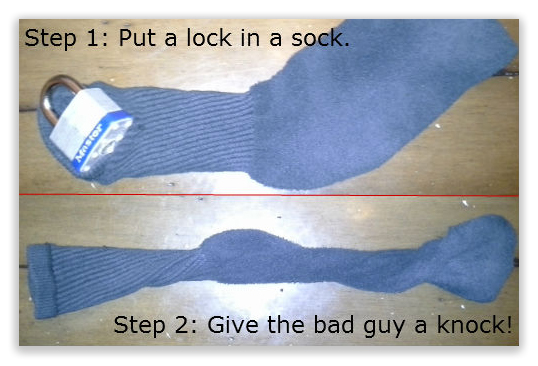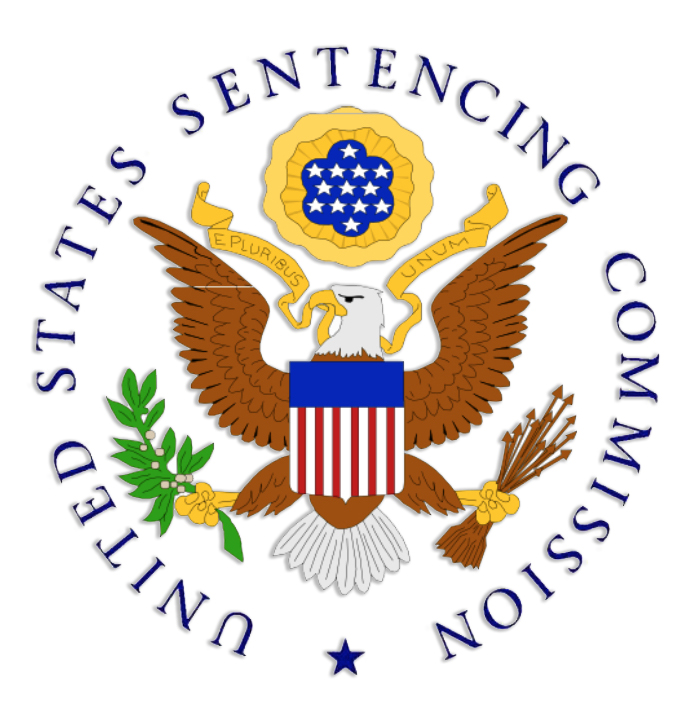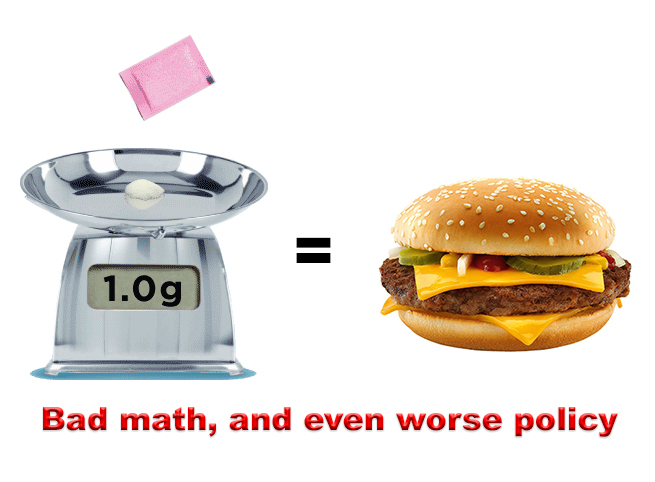We post news and comment on federal criminal justice issues, focused primarily on trial and post-conviction matters, legislative initiatives, and sentencing issues.
Today we offer our occasional “short rocket” of BOP news – not all of it good – from the past weeks.
EX-WARDEN GARCIA CONVICTED, FSA CRITICISM, PRIVATE PRISONS CLOSE, DOJ BLASTS BOP OVER WHITEY BULGER
AUSA Gets Sex Predator Warden: The former warden of FCI Dublin, a federal women’s prison southeast of San Francisco, was convicted in Oakland federal court on Thursday of molesting inmates and forcing them to pose naked in their cells.
 Ray Garcia was found guilty of all eight charges and faces up to 15 years in prison. He was among five workers charged with abusing inmates at Dublin, who claimed they were subjected to rampant sexual abuse including being forced to pose naked in their cells and suffering molestation and rape. The trial was noteworthy for the government arguing to jurors that they should believe inmates and former inmates over Garcia, perhaps one of the few examples in recent history of the government believing inmates over guards.
Ray Garcia was found guilty of all eight charges and faces up to 15 years in prison. He was among five workers charged with abusing inmates at Dublin, who claimed they were subjected to rampant sexual abuse including being forced to pose naked in their cells and suffering molestation and rape. The trial was noteworthy for the government arguing to jurors that they should believe inmates and former inmates over Garcia, perhaps one of the few examples in recent history of the government believing inmates over guards.
Santa Rosa Press-Democrat, Ex-Dublin prison warden convicted of sexually abusing inmates (December 8, 2022)
LA Times, Ex-warden of California federal women’s prison goes on trial for inmate abuse charges (November 28, 2022)

Four Years After First Step, Earned Time Credits Still Unsettled: The BOP’s recent press release and program statement on First Step Act time credits allowed for a grace period until December 31 for inmates to complete needs assessments, and eliminated the rule that credits earned after an inmate was within 18 months of release could not count for sentence reduction rule.
 Writing in Forbes last week, Walter Pavlo noted that “the information provided by the BOP was lacking in specifics as to when this program will be fully implemented. The press release stated that ‘inmates will soon be able to see all potential Federal Time Credits (FTC) they may earn over the course of their sentence.’ The use of the term “soon” is relative and causes undue stress on both inmates and BOP staff.”
Writing in Forbes last week, Walter Pavlo noted that “the information provided by the BOP was lacking in specifics as to when this program will be fully implemented. The press release stated that ‘inmates will soon be able to see all potential Federal Time Credits (FTC) they may earn over the course of their sentence.’ The use of the term “soon” is relative and causes undue stress on both inmates and BOP staff.”
In fewer than three weeks, the First Step Act will be four years old. Pavlo rightly complains that setting firm deadlines like “soon” and with “a poor track record thus far… the BOP has no timetable for having this new program statement put into action. In the interim, there are inmates in prison who could, because of this program statement, be released, placed in halfway house, placed on home confinement, or placed on CARES Act home confinement.”
Pavlo argues that while “there is no complexity to many of these calculations… there is no central authority named to conduct these assessments between the program statement announcement and the implementation of an automated calculator.” The BOP has already lived through two FSA credit calculators, the one that was implemented last January when the Dept of Justice forced the BOP to turn 180 degrees on its draconian proposed rules, and the second – touted as “an application to fully automate calculations” due last August but not implemented (with disastrous results) in October.
That October automated calculator now goes back to the drawing board, “making it over a year since the Final Rule that inmates will have clarity on what FSA will mean to them,” Pavlo wrote.
Forbes, First Step Act Delays Continue In The Bureau of Prisons And People Are Locked Up Beyond What The Law States (November 30, 2022)
BOP, P.S. 5410.10, First Step Act of 2018 – Time Credits: Procedures for Implementation of 18 U.S.C. § 3632(d)(4) (November 17, 2022)
BOP, First Step Act Time Credits Policy Released (November 18, 2022)

BOP Inmates Out of Private Prisons: The BOP announced last week that consistent with President Biden’s January 2021, Executive Order, the agency has ended all contracts with privately managed prisons. The contract with the last private prison, McRae Correctional Facility in Georgia, ended on November 30, 2022.
The BOP said, “All BOP inmates previously housed in these private prisons have been safely transferred to BOP locations without incident.”
Since the mid-1980s, the BOP maintained contracts for 15 private prisons, housing about 29,000 federal inmates.
An interesting factoid buried in the BOP press release: the agency said it “employs 34,813 staff.” This is a substantial decrease from just a year ago, when the BOP reported 36,739 workers.
BOP, BOP Ends Use of Privately Owned Prisons (December 1, 2022)

‘BOP Lied, Whitey Died,’ DOJ Inspector General Says: In a report which should shock no one familiar with the Bureau of Prisons – except that the Dept of Justice took so long to produce it – the Inspector General has concluded that a chain of bureaucratic errors, incompetence, health system failures, and deliberate falsification resulted in the bludgeoning death of celebrity crime boss James (Whitey) Bulger within 12 hours of his arrival at USP Hazelton in 2018.
The Inspector General determined that BOP officials at USP Coleman approved downgrading Whiteyr’s medical status from Care Level 3 to 2 solely to get BOP approval to transfer him from Coleman – where he had spent eight months in the Special Housing Unit after allegedly threatening a nurse – to Hazelton (a place known with some justification as “Misery Mountain”). The decrease in Care Level (and omission of any reference in the transfer papers to his life-threatening cardiac condition) came after a prior attempt to transfer Whitey was stopped by BOP Central Office medical staff because of his age and medical condition.
 Despite Whitey being a celebrity prisoner due to his notorious past, Hollywood treatment of his life, and his history of being a federal informant, over 100 people inside the BOP knew of his transfer. At USP Hazelton, even before Whitey’s arrival inmates were taking bets on how long he would survive before being killed.
Despite Whitey being a celebrity prisoner due to his notorious past, Hollywood treatment of his life, and his history of being a federal informant, over 100 people inside the BOP knew of his transfer. At USP Hazelton, even before Whitey’s arrival inmates were taking bets on how long he would survive before being killed.
Nevertheless, the BOP took no extra security precautions. As a result, within 12 hours of his arrival at Hazelton, Whitey was placed in general population and beaten to death with a padlock inside an athletic sock (colloquially known as “a lock in a sock“).
Mr. Bulger’s death was preventable and resulted from “staff and management performance failures; bureaucratic incompetence; and flawed, confusing, and insufficient policies and procedures,” the IG concluded.
A curious observation in the Report noted that BOP staff should have considered that the eight months Whitey spent in the Coleman SHU “in a single cell before his transfer from Coleman caused him to state in a September 2018 Psychology Services Suicide Risk Assessment that ‘he had lost the will to live,’ and may have affected his persistence upon arriving at Hazelton that he wanted to be assigned to general population.”
A weird twist: In 2019, accused sex predator Jeffrey Epstein allegedly killed himself in BOP custody amid rumors that the death was not what it seemed. Those conspiracy theories are largely debunked. But now, perhaps Whitey actually did commit “suicide-by-inmate” in a death that otherwise was clearly a murder.
DOJ, Investigation and Review of the Federal Bureau of Prisons’ Handling of the Transfer of Inmate James “Whitey” Bulger (December 7, 2022)
New York Times, Investigation Finds Errors and ‘Incompetence’ Led to Whitey Bulger’s Death (December 7, 2022)
– Thomas L. Root





























